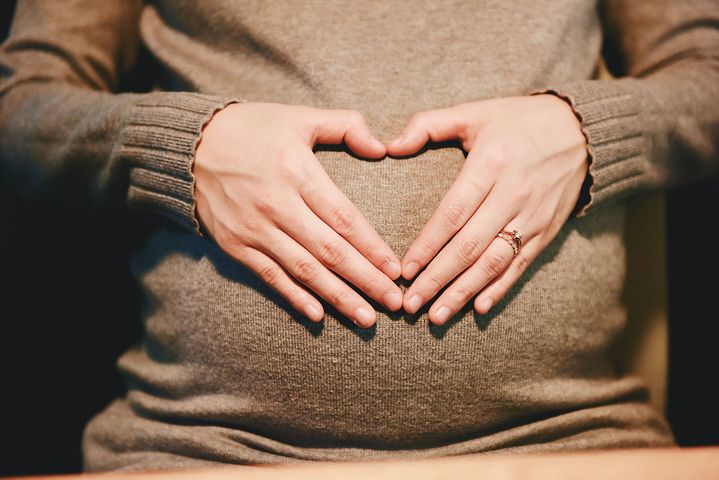
Every woman is different, as is every pregnancy, so the only way to know you’re expecting for sure is to pee on a stick (sometimes more than once). How soon can I get pregnancy symptoms before I miss my period? Some women experience common early pregnancy symptoms like tender breasts, nausea, fatigue, sensitivity to smell or bloating within days after conception, or about a week-and-a-half before your period is scheduled to arrive.
It can happen anywhere from six to 12 days after the egg’s been fertilized. The cramps you might feel can be similar to menstrual cramps. Nausea and vomiting – This is usually a very well-known pregnancy symptom, but not every expecting mum experience it. Why morning sickness happens, is not really known.
How soon can I get pregnancy symptoms before I miss my period?

Some women experience common early pregnancy symptoms like tender breasts, nausea, fatigue, sensitivity to smell or bloating within days after conception, or about a week-and-a-half before your period is scheduled to arrive. Other symptoms, like urinary frequency, may not show up until around the time your period’s supposed to make its appearance.
You may not notice or be able to confirm other early pregnancy symptoms — like changes in your areolas, a consistently creamy vaginal discharge and an elevated BBT — for a few weeks. And remember, plenty of women don’t experience any of these symptoms.
What’s the difference between pregnancy symptoms and PMS?
Most early pregnancy symptoms before your period are strikingly similar to the side effects of PMS. However you’ll only notice changes in your areolas (they’ll look darker, wider and bumpy) if you’re pregnant. A consistently elevated BBT and creamy vaginal discharge post-ovulation are also both relatively reliable signs of conception, but they’re certainly not fool-proof.
Otherwise, the only way to know if other early pregnancy symptoms (nausea, tender breasts, fatigue, bloating, sensitivity to smell, etc.) are due to a baby or PMS is to hold out until you can take a pregnancy test.
How long after I start feeling pregnancy symptoms can I take a home pregnancy test?
Although you may start to feel early pregnancy symptoms before your period, most women have to wait for an average of two weeks from the time they ovulate for a positive home pregnancy test result. Home pregnancy tests measure levels of human chorionic gonadotropin (hCG).
This placenta-produced hormone makes its way into your urine almost immediately after an embryo begins implanting in your uterus, between six to 12 days after fertilization. You can start using most home pregnancy tests as soon as hCG can be detected in your urine — and hCG levels usually aren’t high enough to be picked up by a home pregnancy test until your period’s expected.
Can’t wait until then? Some HPTs promise 60 to 75 percent accuracy four to five days before you expect your period. Wait until your period and the rate jumps to 90 percent; wait another week and the results are 99 percent accurate.
Know that false negatives are much more common than false positives, so if the time for your period comes and goes without your monthly flow, check in with your health care provider. Either way, you’ll want to get a blood test to confirm your pregnancy status.
Do I have to miss my period to be pregnant, or is it possible to be pregnant and get my period?
It’s possible to have light spotting and be pregnant. In fact, some newly expectant moms experience what’s known as implantation bleeding six to 12 days after conception. Here’s how to tell it’s implantation bleeding and not your period: Implantation bleeding is usually medium pink or light brown — it’s rarely period-red. It’s also spotty (much lighter than your period) and not continuous, lasting a few hours to a few days.
Spotting, however, can sometimes be a mid-cycle blip before your usual period, especially if you have an irregular or disrupted cycle. Mid-cycle brown discharge may also happen when you’re not pregnant because you’re reacting to a vaginal exam, a Pap smear or rough sex.
To make things even more confusing, you might even miss your period without being pregnant for a number of reasons, including being stressed, sick, working out too much or having a hormonal imbalance.
When in doubt, whip out that HPT and schedule a visit with your health care practitioner for a definitive answer. That way, you’ll know for sure whether you have a baby on the way!

No Comments